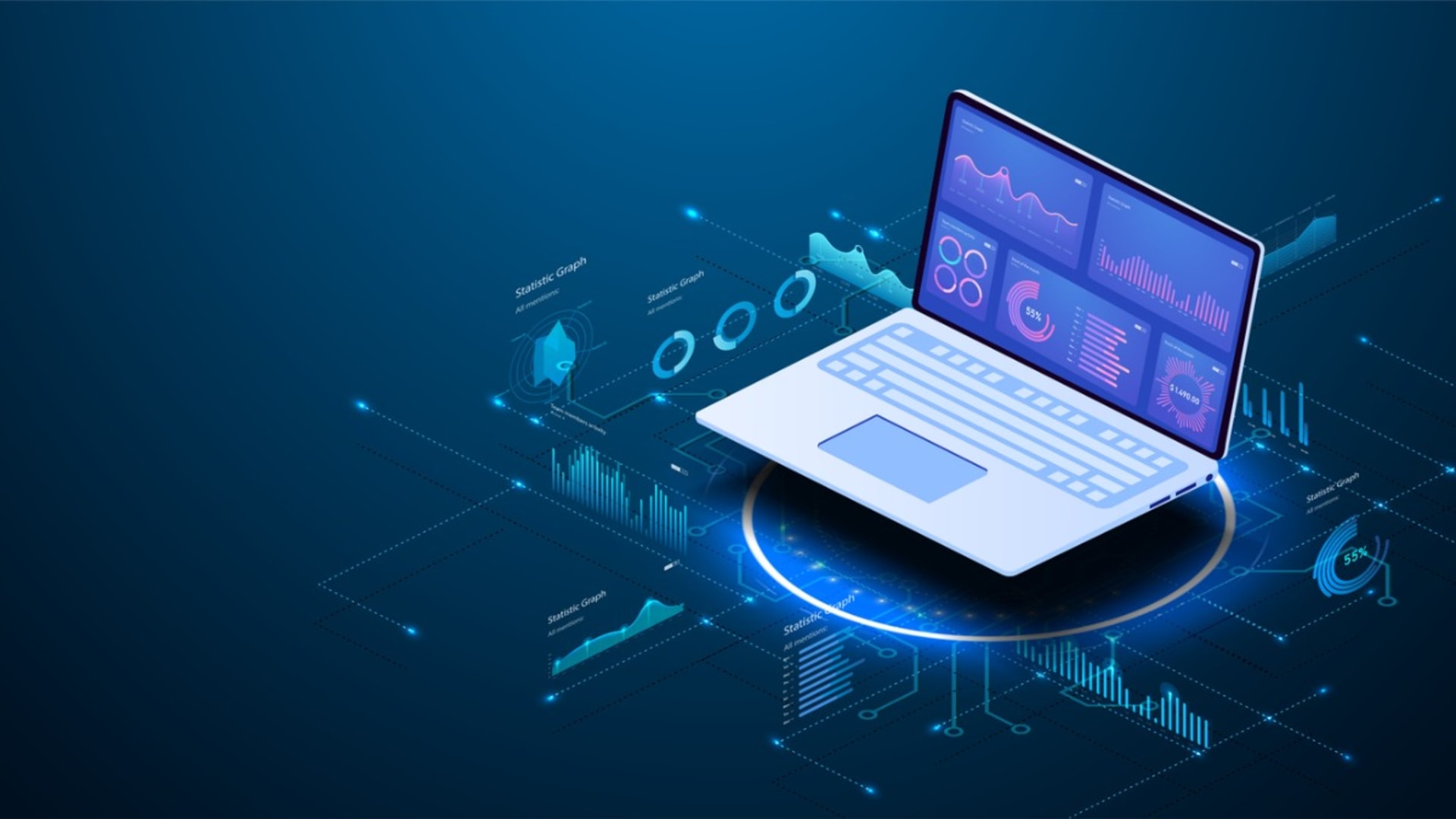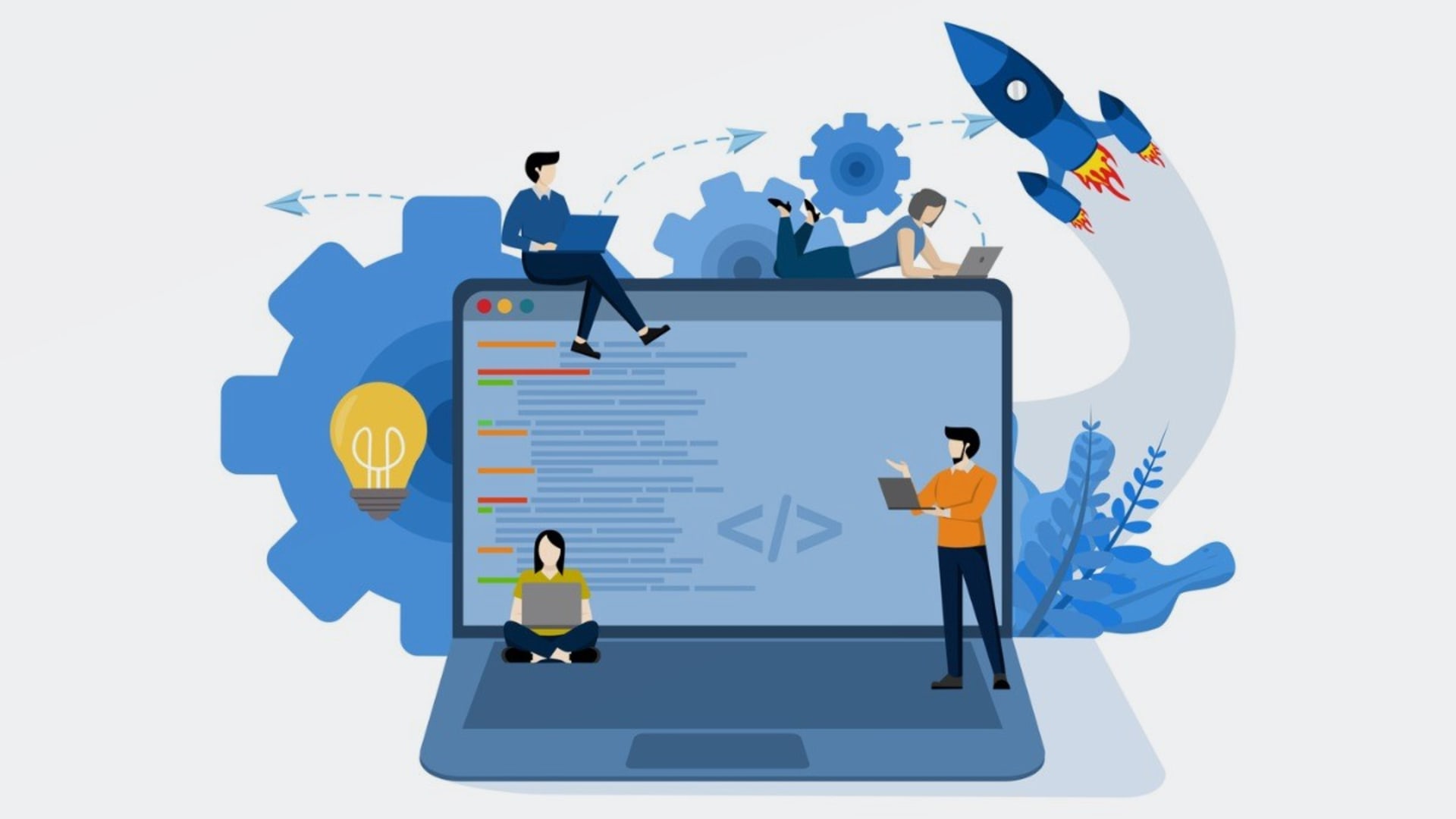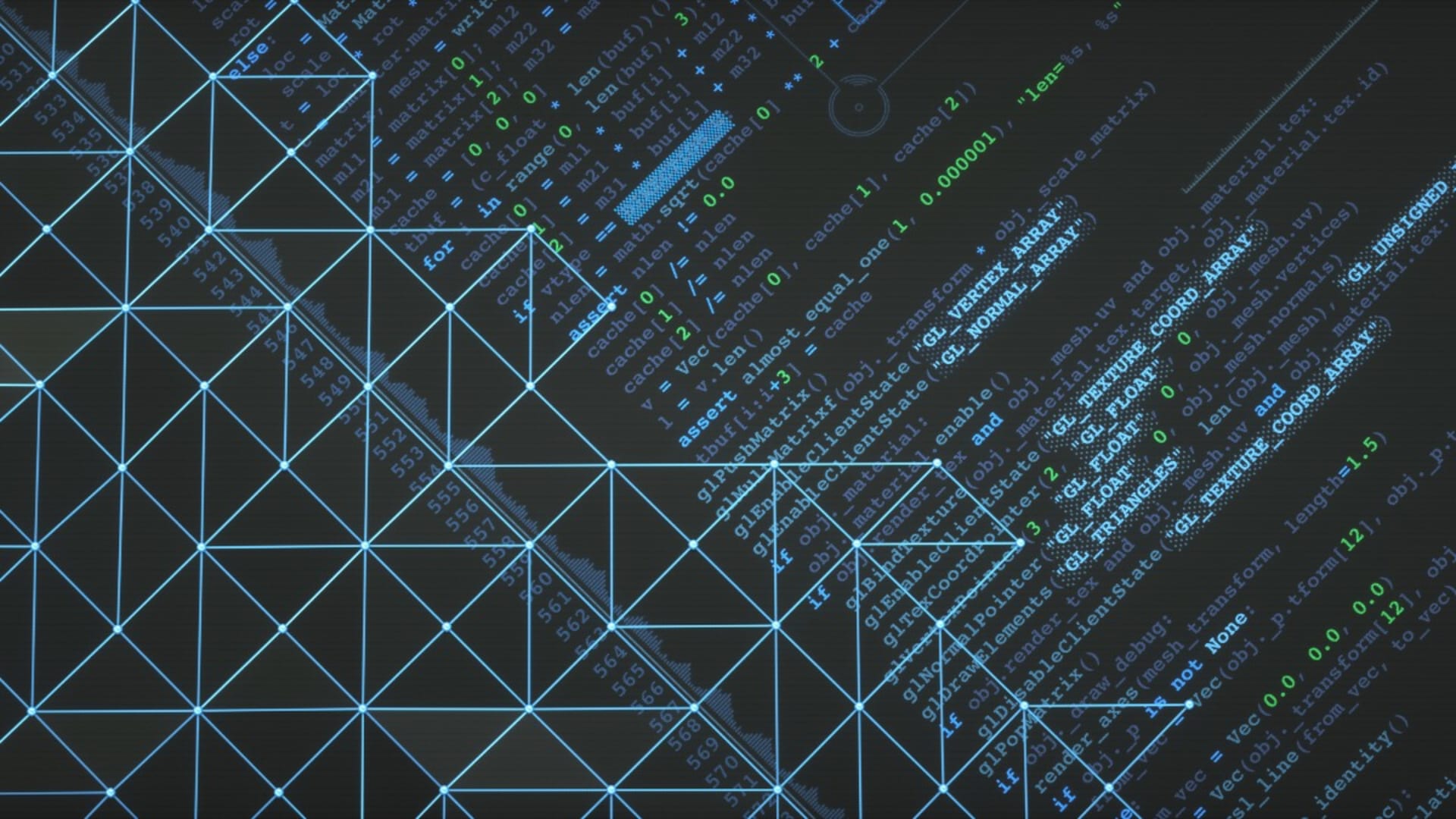- Home
- Technologies
- Flask
- Hire Flask Developers
Hire Flask Developers
Hire vetted Flask talent.
Our top 1% of tech talent has already undergone a rigorous vetting process. Get bilingual, nearshore Flask developers on your team within 2 weeks.
500+ companies rely on our top 1% tech talent.
Don’t let recruitment slow down your Flask development.


The Ultimate Guide for Hiring Flask Developers
Flask is a flexible Python-based framework perfect for small to medium-sized projects. However, finding the right development partner can be challenging. With access to the top 1% of LATAM tech talent and 4,000+ engineers and tech specialists on staff, we help businesses overcome this challenge by connecting them with highly skilled developers for web development and beyond.
To simplify the hiring process, we’ve created this comprehensive guide based on years of experience working with Flask. Inside, you’ll discover the key skills to look for in a Flask developer, along with recommended interview questions and FAQs to streamline your recruitment and development process.
With these insights, you’ll be equipped to make informed decisions, hire top talent, and deliver projects that align with your business goals—all while benefiting from the expertise of some of the world’s best developers.
Before You Start Hiring
Project or Team Requirements
Every Python Flask project has a slightly different process due to different end goals. When hiring an external development team, first outline your project timeline and core team requirements. Then, you’ll be able to hire Flask developers who meet your strict criteria.
Portfolio and References/Testimonials
The best Flask developers will have already worked with a wide range of clients, creating websites that continue to deliver for their owners through Python Flask. Ask for a portfolio and review the data structures and the new technologies the developer used to deliver each solution. This will give you a clearer picture of their system designs and overall experience.
Collaborative Mindset
Your business needs a development partner prepared to work with your dedicated team. Make a collaborative mindset a fundamental part of your hiring guide to recruit developers who’ll work well with your company.
Adaptability
Flask developers working at a high level should adapt to the distinct needs of every project. Search for developers who are well-versed in the Flask framework and aren’t afraid of modifying their processes to design unique web applications.
Experience in Your Industry
Front-end Flask development for web projects can differ depending on the industry you’re working in. A developer with experience delivering Flask solutions in your industry or use case is the perfect fit for your company.
14 Skills Every Flask Developer Should Have
Flask is a popular choice for building dynamic websites thanks to the versatility of its framework. But this versatility means you need to find Flask developers with specific experience in Flask web development so they can create the most value from the project. These experienced Flask developers will likely have various skills, both as a general full stack developer and a Flask professional.
We’ve curated a list of some of the hard and soft skills that Flask developers should have today. By working with Flask developers with these skills, you can build dynamic web frameworks within Python that use leading technologies, leading to a website that can create new opportunities for your business.
Technical Skills to Look for in Your Ideal Flask Developer
1. Python Proficiency
Since Flask is a Python web framework, a working understanding of Python is a fundamental skill for Flask developers. Proficiency in the language is crucial for writing clean, efficient, and maintainable code.
2. Flask Framework Knowledge
In-depth knowledge of Flask, including its features like routing, templates, request handling, and session management, is crucial for building superior web applications. Understanding Flask’s functionality and quirks allows developers to use its capabilities effectively, further improving the development process.
3. HTML/CSS/JavaScript
Proficiency in several general front-end technologies (HTML for structure, CSS for styling, and JavaScript for interactivity) can be useful for creating user interfaces and integrating with Flask templates.
4. RESTful API Design
RESTful APIs facilitate interactions between the front and back end of Flask web frameworks, supporting data exchange and enabling more dynamic content..
5. Web Security Best Practices
To build secure applications, a Flask software engineer needs to understand web security best practices. This includes principles like CSRF protection, XSS prevention, and data validation.
6. Database Management
Proper database management is critical for application data integrity and performance during Flask projects. Developers should have a working understanding of SQL databases like PostgreSQL or MySQL, and NoSQL databases like MongoDB.
7. Debugging and Testing
Effective debugging and testing practices help applications run smoothly and reduce the likelihood of bugs and errors. These processes also contribute to project optimization.
8. Deployment and DevOps
Knowing how to deploy Flask applications to popular cloud platforms like AWS, Heroku, or Azure is beneficial for scaling and managing applications. Meanwhile, DevOps practices improve collaboration between development and operations, streamlining the development process.
9. Asynchronous Programming
Understanding asynchronous programming and frameworks (like Flask-SocketIO) is useful for handling real-time data and improving application performance. This also allows a software engineer to manage multiple tasks simultaneously.
10. APIs and Third-Party Integrations
Skills in integrating third-party APIs and services, such as payment gateways and authentication services, can add more functionality to Flask websites.
Soft Skills to Look for in Your Ideal Flask Developer
11. Communication Skills
The ideal Flask developer should communicate and collaborate effectively with your team. This includes explaining complex aspects of the development process to non-technical team members.
12. Empathy
Websites built using Flask need to keep end users in mind at all times. A successful front-end developer should possess high levels of empathy and adapt code and processes to benefit customers and users.
13. Resilience
Web development is a long-term commitment, as websites often need updating and refining regularly. Hire Flask developers committed to working with your business for the long haul to make the most of your web project.
14. Stress Management
Website development can sometimes lead to deadlines, downtimes, or data compromises. Flask developers should work well under pressure while staying committed and focused on refining their code and keeping a project on track.
8 Questions to Identify Top Flask Developers
When interviewing Flask developers, it's important to ask questions that first assess the candidates' technical skills and knowledge. Employers will also usually conduct a coding test to further assess specific on-the-job knowledge.
The following set of questions aims to uncover not only the developer's technical knowledge but also their problem-solving abilities, teamwork, communication skills, and adaptability—all crucial traits for success in a collaborative environment.
Here are a few examples of technical interview questions:
1. Can you explain the differences between SQL and NoSQL databases and when you would use each with Flask?
SQL databases are suitable for applications requiring complex queries and transactions, while NoSQL databases are ideal when high scalability is needed. I would choose SQL for structured data that requires complex relationships and NoSQL for applications that need to scale quickly and can tolerate less strict data integrity.
2. Can you explain what middleware is and provide an example of how you would use it in Flask?
Middleware in Flask refers to functions that run before and after the request handler. They can modify the request or response, manage session data, or perform logging. One example would be to create middleware that logs all incoming requests, capturing details like the request method and path, which I can then use to help with monitoring application usage and debugging.
3. What common Flask extensions have you used, and what functionality do they provide?
I’ve used several Flask extensions before, including Flask-Login for user authentication and Flask-WTF for form handling and CSRF protection. I’ve also occasionally used Flask-Mail to send emails and Flask-Migrate to make database migrations. These extensions enhance the core functionality of Flask in certain situations without the need for me to figure out a custom solution.
4. How do you manage dependencies in a Flask project?
I manage dependencies in a Flask project by using a virtual environment to create an isolated workspace. I typically use venv to create the environment. Then I install dependencies using pip. I maintain a requirements.txt file to list all the necessary packages and their versions, which allows others to easily replicate the environment with the command pip install -r requirements.txt.
5. What inspired you to become a web developer, and what drew you to Flask specifically?
This should give you some insights into the developer’s career path, along with some information on their capabilities in Flask.
6. How do you stay updated with the latest developments in Flask and web development in general?
This question shows you how up-to-date a developer’s expertise is and whether they’re likely to be implementing newer technologies or methods.
7. What are some common pitfalls you’ve encountered when developing with Flask, and how do you avoid them?
This will allow the interviewee to outline their problem-solving skills, specifically within a Flask project for a previous business client.
8. How do you handle feedback on your code, and how do you then incorporate this feedback into your development process?
This will allow you to see how collaborative a developer is and gives them an opportunity to outline their preferred way of receiving feedback and modifying processes.
Frequently Asked Questions
1. How do I make sure that the Flask developer I hire will fit into my team?
The best way to figure out if a developer is a good fit for your company is to modify your interview process. Assess cultural fit during the interview itself by discussing your company values and team dynamics and asking relevant questions. Consider also having several of your team members host an interview so you gain several perspectives on each candidate.
2. Is Flask or Django a better framework for my project?
This depends on the nature and complexity of your project. Flask is often better suited for flexible projects since it’s a minimalist microframework. Meanwhile, Django is often chosen for larger applications that need more built-in structure and functionality, as it has more built-in features.
3. How long does it take to build a Flask web application?
Simple Flask applications can be completed in a few weeks. However, more complex projects with numerous features or custom integrations may require several months or more. It's worth defining your project goals first to develop a realistic timeline with your chosen Flask developers.
4. What are Flask Blueprints, and should I look for developers who are familiar with them?
Flask Blueprints allow developers to modularize large applications, which can be useful when scaling. If your Flask application has several components, or you’re hoping to scale alongside your business, it's worth working with a Flask developer who can work with Flask Blueprints.
5. Can a Flask developer help me with existing projects or legacy code?
Yes, an experienced Flask developer should be able to support an existing project. They should also be able to migrate your legacy code onto Flask, depending on its complexity.

- Hire Flask Developers
How Businesses Can Overcome the Software Development Shortage
BairesDev Ranked as one of the Fastest-Growing Companies in the US by Inc. 5000












